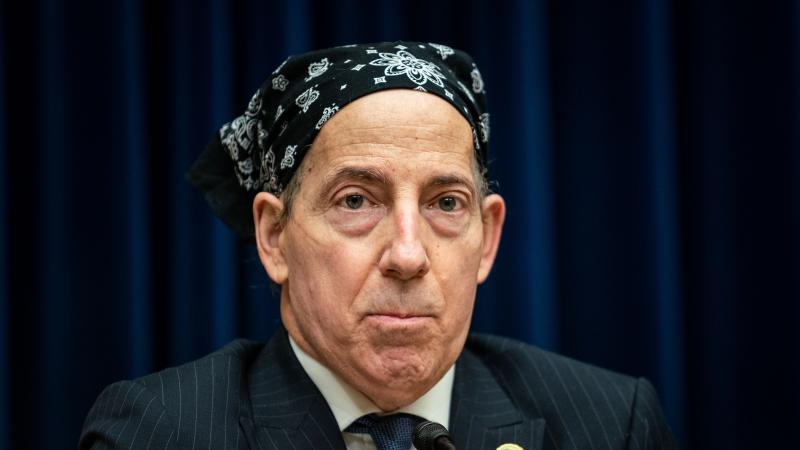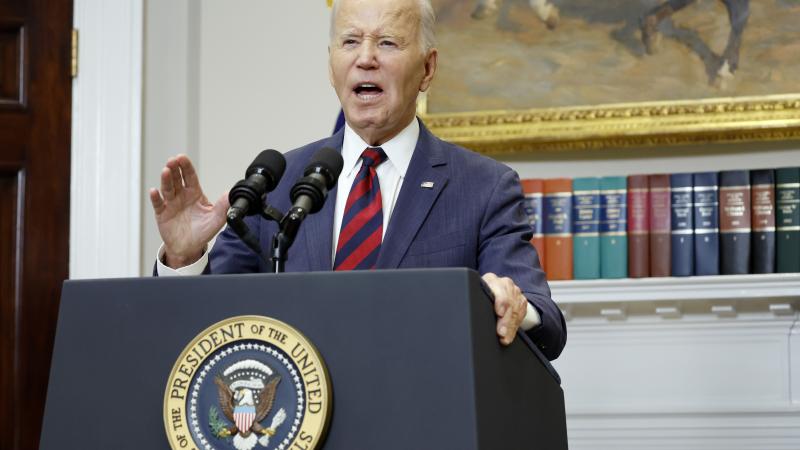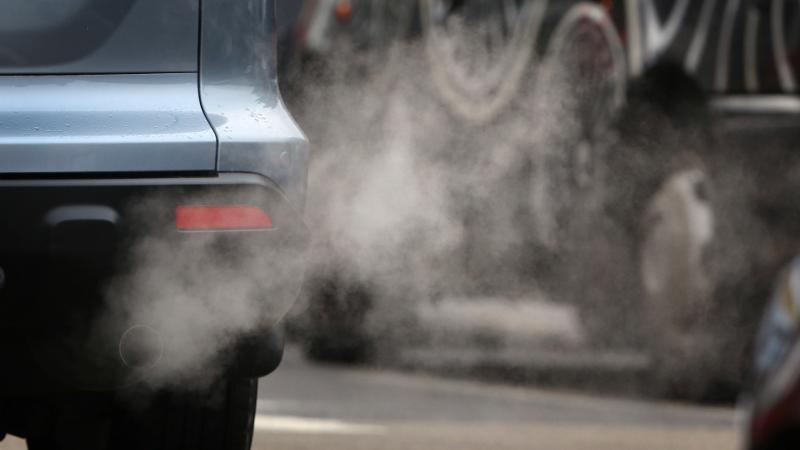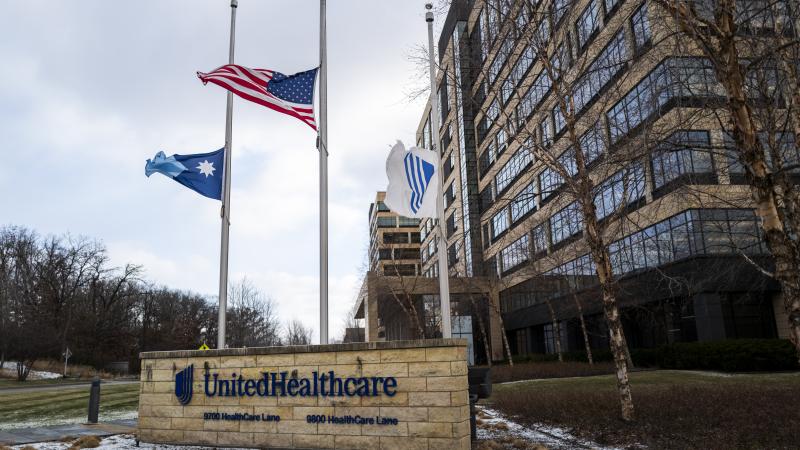Rubio: Congress has 'no choice' but to deficit spend during COVID-19 pandemic
As a 'solution' to the rising debt and deficit, Rubio says 'we're going to have to have the reckoning and the political will in this country to confront the mandatory spending programs.'
Florida Republican Sen. Marco Rubio compared the coronavirus pandemic to a war and said he doesn't want to see the nation "deficit spend" but Congress has "no choice."
The national debt is climbing to $27 trillion, and the deficit so far this fiscal year is a record $2.7 trillion.
"In a time of conflict or national emergency, this nation has always had to deficit spend. In the Civil War, it had to do it. In World War II, it had to do it. I don't know for sure, but I imagine World War I as well. You don't want to do it but you have no choice because if you lose the war, it won't be your debt to worry about. And I think we're in that situation now," Rubio said on Wednesday during a discussion on the pandemic, organized by the Hoover Institution.
"So I'm not talking about recklessness. You know, I'm not saying here spend on unrelated matters. And I'm in no way diminishing the impact that the debt is going to mean long term," he added.
Rubio, a key architect of the estimated $660 billion Paycheck Protection Program, said the debt over the long term is "largely driven by mandatory spending programs," rather than discretionary spending.
According to the most recent Social Security Trustees report, the Social Security Trust Fund will be depleted within 15 years. Medicare is projected to become insolvent by 2026.
"In the end, the solution to the debt after the pandemic is the same as it was before the pandemic. And that is we're going to have to have the reckoning and the political will in this country to confront the mandatory spending programs and determine what it is that we're going to do with these programs to bring them to a more sustainable path," he said, referring to programs like Social Security, Medicare and Medicaid.
Rubio described his "bigger concern" as not addressing the pandemic with stimulus spending and suffering "structural economic damage" that would take "a decade or more to dig out of" and make it "even harder to generate the growth" needed to get out of the debt.
"It's not like doing nothing is going to allow us to avoid spending. So again, go back to PPP as an example. We have a choice. We can spend some money to keep people attached to employment, or we're going to have to spend the money on unemployment benefits. So we have to do one or the other, you know, because eventually it starts to trickle through," he said.
The $2.2 trillion CARES Act that Congress passed established the PPP program to provide forgivable loans to businesses with under 500 employees. It also included a new weekly unemployment benefit of $600 through July 31. Congressional negotiators are currently debating the contents of another coronavirus stimulus package.














